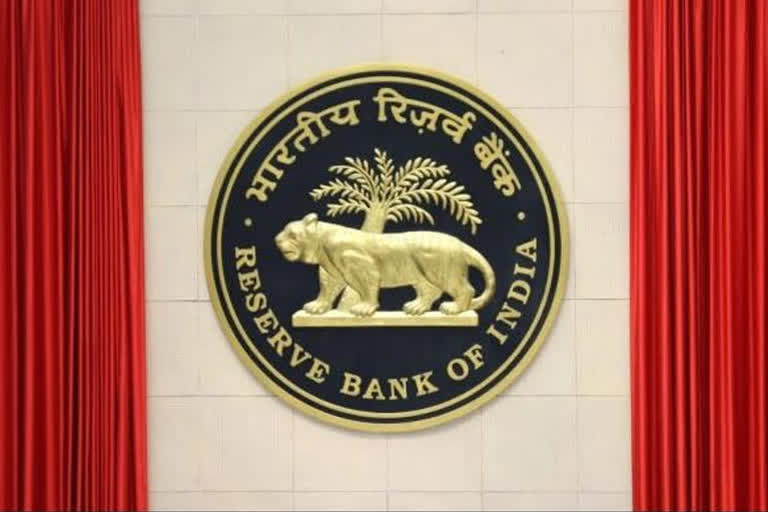New Delhi: In a decision that will allow States and union territories more flexibility in borrowing short term money from the Central Bank, the RBI Tuesday further relaxed the norms for States to avail the overdraft facility.
The RBI has allowed states and union territories to avail the overdraft facility continuously for 21 working days instead of earlier limit of 14 days. It also allowed them to avail the overdraft facility for 50 working days in a quarter against the earlier limit of 36 days, giving them more flexibility in managing the cash flow mismatch.
“This arrangement will come into force with immediate effect and will remain valid till September 30, 2020,” said the RBI.
“These measures have been undertaken to provide greater flexibility to the state governments to tide over their cash flow mismatches,” the RBI said in a statement.
What is Overdraft and Ways and Means Advances
RBI has three short-term credit facilities for states and union territories, Ways and Means Advances (WMA), special WMA and Overdraft facility to address urgent cash requirements of states and union territories.
While the RBI has an elaborate formula for fixing the ways and means limit for individual states, it also offers them short term loans over and above their WMA limits.
However, there are some differences between WMA, Special WMA and Overdraft facilities offered by the RBI to States and UTs.
“While special Ways and Advance Means require States to provide collateral or security to the RBI, most often in form of investment into Government of India securities (G-Secs), States don’t have to provide any collateral to avail Ways and Means Advances and Overdraft Facility from the RBI."
While as per the relaxed formula announced on Tuesday, States can avail OD or short-term loan for a period of 21 working days as against the earlier limit of 14 days, the Ways and Means Advances are for a period of 90 days.
More freedom to states to plan their expenditure
“Basically, RBI is giving a long rope to states in these times of crisis,” said a former RBI officer.
“New rules will come as a big relief for states as they will be able to avail the overdraft facility for 50 out of total 90 days in a quarter,” he told ETV Bharat.
"It gives them the freedom to plan their expenditure and they will not face any crisis in making payments," said the official.
In the last seven days, this is the second major relief given by the RBI to states and union territories that have been facing unprecedented cash crunch due to the lockdown imposed by the Central government to contain the spread of coronavirus in the country.
On April 1, the RBI had increased the ways and means advance (WMA) limit for state governments by 30% over their earlier limits as an interim measure. A final decision will be taken by the RBI after a review conducted by an expert committee.
The revised limit for Ways and Means Advances (WMA) of the Union government and States that came into effect on April 1 will be valid till September 30, 2020.
Read more:COVID-19: When reverse migration knows no boundaries
These measures are aimed at reducing the pain felt by States as they have been facing a double whammy of increased expenditure to fight COVID-19 and dwindling revenue due to the 21-day lockdown to contain the spread of this highly infectious virus.
The virus has claimed 124 lives in the country and more than 76,300 lives around the world.
The outbreak of this highly contagious disease has worsened the situation for States as they have been reeling under the pressure of a slowing economy for more than one year.
With the outbreak of COVID-19 early this year, the situation has become even worse. On the one hand, their expenditure has gone up as they deploy more resources to fight the outbreak of COVID-19 virus by giving free foodgrain and monetary assistance to the poor and needy, on the other hand their revenue from the sale of petroleum products, liquor and duties collected on registration of properties have come down due to the 21-day lockdown.
The problem has worsened as the Centre has delayed the payment of GST Compensation dues to states as the total outstanding amount of GST Compensation dues for the period of October-January has touched almost Rs 40,000 crores.
(Report by Krishnanand Tripathi)



